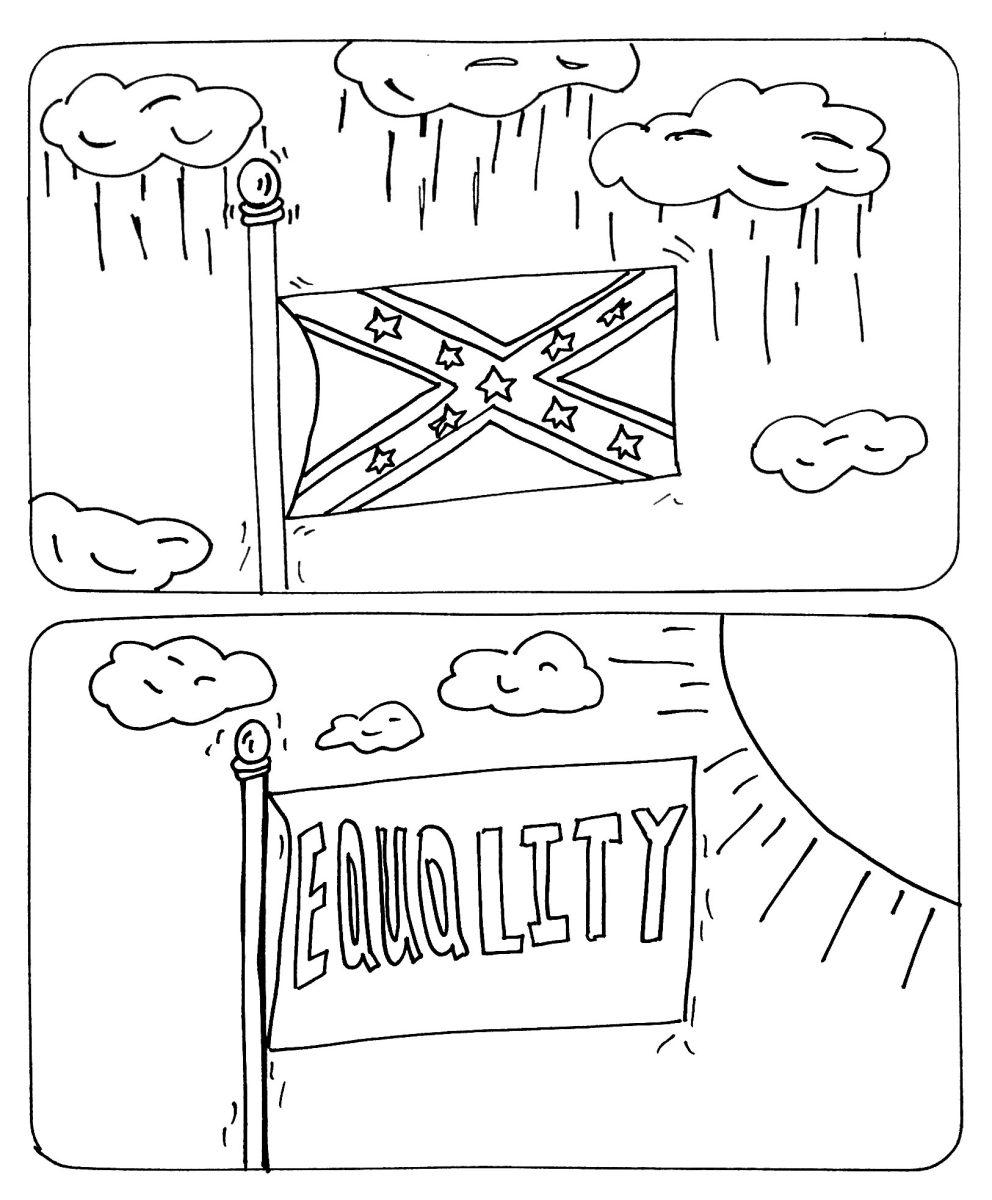Florencia Hasson, Staff Writer
According to an article from CBS News published this March, the Department of Education has stated that there has been an increase of reports regarding racial intolerance, from 555 reported in 2009 to 939 in 2014. Why is racism still such a relevant issue on college campuses, and one that doesn’t seem to be getting much better? Racism goes down to the root from which our country’s creation stems from since the discovery of the Americas by the Spaniards. Now we pride ourselves in living in a largely multicultural country where we strive to have acceptance of all types of people, despite their race, class, sexual orientation or religion. So why is it that in a place where one goes to seek a higher education we find discrimination and dislike towards certain groups of individuals? Aren’t universities meant to be the birthplace of all sorts of ideas, where we expect to find progressive, forward-thinking young adults and an accepting environment for all types of people?
Last weekend was Sonoma State’s Big Nite, the carnival that is meant to kick off the start of the academic year. Upon my entrance to an after-party, a large confederate flag stared me down from the wall. The flag read, “The south will rise again.” The site was blinding and I felt hot with rage. I acted upon impulse and tore the flag down, then stormed out of the house with plans to destroy it. The owner of the house and flag, a good acquaintance of mine, came running out to retrieve his stolen “20-dollar” item. I angrily, yet respectfully, returned it and proceeded to get into a heated argument with one of his friends about my rash criminal actions for taking something that did not belong to me.
I was haunted by the image of that flag and longed for an explanation as to why someone of university-level education, who lives an hour away from what is probably the most liberal city in the world would own such a flag. I asked him if he could justify to me what the flag meant to him. He explained; “I think it represents defiance to an ideal that you don’t agree with. Other people might construe it negatively, but I don’t see it that way. Its symbolic, it doesn’t have to have a definitive ideal. That’s not what I see in it. I know the history, but I see the symbol of defiance.” This helped me better understand him and perhaps other confederate flag owners out there, or at least I can only hope.
Courtesy // Gustavo Vasquez
Having shared my story to a handful of friends who are SSU students, they informed me that they too have seen confederate flags in a number of other houses. Our campus has had other incidents targeting the black community in the past. Two years ago, billboards for a Black Scholars United event were defaced with the N-word. In addition, there have been countless acts of police brutality in California on college campuses such as UC Berkeley. Across the U.S., students on college campuses should be the forerunners and spokesmen for the future of racial equality in America.
“Some colleges, more than others are taking action on the recent tragedies and racism that African-American communities are facing, regarding the police brutalities and shootings,” said an unnamed Sonoma State student. “At SSU I haven’t noticed students of any race protesting or speaking out against police brutalities, which is unfortunate. Though a fair amount of students here aren’t minorities and therefore don’t experience the degradation we (African-American students) face so they don’t really care. They are bystanders.”
Do we want our campus to be known as a racially intolerant university, where students are singled out due to race? Is that really what we should expect to find in 2015 on college campuses? Perhaps the confederate flag may not be an intentional bash towards African-Americans, however, I believe it’s hard to argue that it isn’t a reminder of a dark part of American history and can be easily interpreted in that way. How can we work as individuals and as a community towards the defiance of a racist America?



































